Strives for Quality Work
What does “Strives for Quality Work” mean?
This skill is about a child understanding adult expectations for school work and doing their best to meet them. In school, adults let students know what their expectations are and then determine if children meet these standards. When striving for quality work, children do the best they can, even if they do not ultimately meet the expectations set by the adult. This skill is important because it shows that children understand what is expected of them and are working hard to produce their best work at school.
“Strives for Quality Work” is different from “Demonstrates Consistent Effort”. “Strives for Quality Work” is about children working their hardest to meet adult expectations for their school work. “Demonstrates Consistent Effort” is about children working through challenges, managing frustration, and not giving up when things are difficult.
What does this skill look like?

At Home
James’s dad has just finished doing laundry. He asks James to take his clothes and put them away neatly. He tells James to put his socks in one drawer, his pants in another drawer, and his shirts in the closet. James begins sorting his clothes neatly into piles and works as hard as he can to put each piece of clothing where his dad said.

In The Classroom
Keisha’s teacher asks her class to write each number from 1 to 10 on a piece of paper. The teacher tells the children to write each number on a different line of paper as neatly as they can. Keisha begins writing the numbers on separate lines but struggles to write them clearly. She erases the numbers that look sloppy and rewrites them as neatly as she can.
 Children can see the value of “Strives for Quality Work” in the book:
Children can see the value of “Strives for Quality Work” in the book:
When Sophie Thinks She Can’t
For more information about this book and other books that highlight this skill, visit our READING LIST page.
TIPS FOR FAMILIES
How can I explain this skill to my child?
Explain to your child that you are like a coach for your family. It is the coach’s job to set expectations for the players to make sure they are ready to play the game. For example, a coach might ask the players to do a lot of things before a big game, like run ten times around the field or do 100 jumping jacks. The coach sets the expectations and the players try to meet them so they will be ready for the game. Let your child know that you believe in them and that they have what it takes to meet your expectations. If they listen to your expectations and work hard to meet them, they will be successful!
What are some things I can do to help my child learn this skill?

Make sure expectations are heard and understood. Before your child can work their hardest to meet expectations, expectations must be heard and understood. Young children may sometimes feel confused about what is being asked of them and may not meet expectations because they don’t know what they are. To make sure expectations are clear, you can:
- Communicate expectations as simply as possible by speaking slowly.
- Give one expectation at a time.
- Ask children to repeat the expectation back to you to make sure they heard it.

Think like Goldilocks. In a children’s story, a little girl named Goldilocks tastes three bowls of food. One is “too hot”, one is “too cold”, and one is “just right.” It is important that expectations are set at the appropriate level for your child. If expectations are too high, children will get discouraged. If expectations are too low, children will get bored or may feel that you don’t value their skills. Try to set expectations for your child that are “just right” for their ability level.
| Child’s Ability | Expectations are Too Low |
Expectations are Too Low |
Expectations are Just Right |
| The child can tie his shoes if given the time to do it. | You don’t expect anything of your child. You tie his shoes for him. | You tell your child you expect him to be at the door with his shoes tied right now. | You tell your child you expect him to try his best to tie his shoes by himself in the next 20 minutes. |

Ask your child to reflect. When your child is struggling to meet expectations, it can be helpful to walk them through some questions to reflect about what they did and why they did it. It is difficult for young children to reflect on their own, so try leading them through questions that help them think about what they did. It is important that they start thinking about these things, even if they are not able to fully answer these questions yet. Remember to approach your child with a calm and supportive attitude to coach them through these questions. Here are some example questions you can ask:
- Can you tell me what I asked you to do?
- Were you confused about what I asked you to do?
- Did you need help?
- How could you have gotten help if you needed it?
- Did you try your best?
- If you didn’t try your best, why do you think that happened?
- What are some things you can do differently if this happens again?
How can I encourage my child when I see them trying to learn this skill?
Acknowledge your child for their efforts! For example, tell your child, “You worked your hardest to color inside the lines just like I asked, Keisha!” or “James, you really tried your best to put your clothes away the way I asked you to do it!” Click here for more ideas on how to encourage your child.
To download a printable PDF of the tips for this skill, click here.
TIPS FOR TEACHERS
How can I explain this skill to children?
Explain to your class that it is your job to get them ready to be successful in kindergarten and beyond. To do well in kindergarten and be ready for first grade, you want their school work to be the best that it can be. Let them know that what you are doing is similar to a coach helping a team get ready for a big game. To help the players get ready for the game, the coach will ask them to do all kinds of things, like run ten times around the field or do 100 jumping jacks. The coach sets the expectations and the players try to meet them so they will be ready for the game. In school, the teacher is like the coach. Just like the players on the team, students need to listen to the expectations and do their best to meet them. Assure your class that everyone has what it takes to meet these expectations. If they listen to their teacher’s expectations and work hard to meet them, they will be ready to succeed in school!
What are some examples of best practices from educational experts and fellow teachers?

Make sure expectations are heard and understood. Before children can work their hardest to meet expectations, expectations must be heard and understood. Young children may sometimes feel confused about what is being asked of them and may not understand what your expectations are. To make sure expectations for school work are clear, you can:
- Communicate expectations as simply as possible by speaking slowly and writing them on the board so children can remember them.
- Give one expectation at a time.
- Ask children to repeat the expectation back to you to make sure they heard it.
- Tell the class to turn and tell a friend what the expectations are.

Focus on the process, not the product. Expectations for school work involve what a student should do and how they should do it. For example, you may ask your class to do a math problem by showing their work. A student that gets the right answer to the problem without showing their work would not meet the expectations you’ve set. On the other hand, a child that shows their work but gets the answer wrong is working hard to meet your expectations, even though the answer is incorrect. It is important that children know that efforts to meet expectations are more important than just “getting it right”. Remember to give children positive encouragement for their efforts to meet your expectations even when they don’t fully succeed.

Reflection questions. When children are struggling to meet expectations for quality work, it can be helpful to walk them through some questions so they can reflect about what they did and why they did it. It is difficult for young children to reflect on their own, so try leading them through questions that help them think about what they did. It is important that they start thinking about these things, even if they are not able to fully answer these questions yet. Remember to approach children with a calm and supportive attitude to coach them through these questions. Here are some example questions you can ask:
- Can you tell me what I asked you to do?
- Were you confused about what I asked you to do?
- Did you need help?
- How could you have gotten help if you needed it?
- Did you try your best?
- If you didn’t try your best, why do you think that happened?
- What are some things you can do differently if this happens again?
How can I encourage children when I see them trying to learn this skill?
Acknowledge children for their efforts! For example, say, “You worked your hardest to write your numbers neatly just like I asked, Keisha!” or “James, you really tried your best to put the books away the way I asked you to do it!” Click here for more ideas on how to encourage children.
To download a printable PDF of the tips for this skill, click here.

Start your morning with Conquering Kindergarten!
Hey teachers, want to incorporate Conquering Kindergarten into your community meeting each morning? Go to the district’s Community Meeting App to find ready-to-use slides highlighting this skill. Filter content in the app by Conquering Kindergarten or by a specific skill to get access to interactive and engaging slides tailored to the community meeting format.
To learn more about the tips and where they came from, please visit our references page.

 Children can see the value of “Strives for Quality Work” in the book:
Children can see the value of “Strives for Quality Work” in the book: